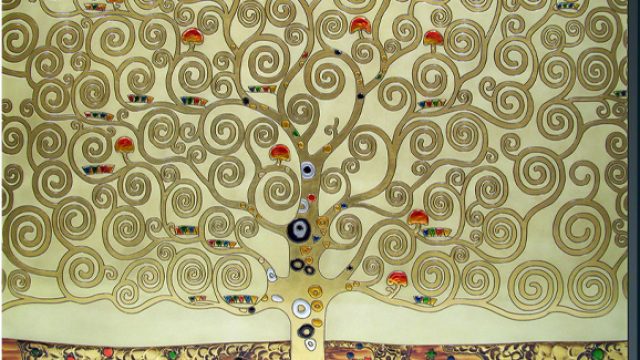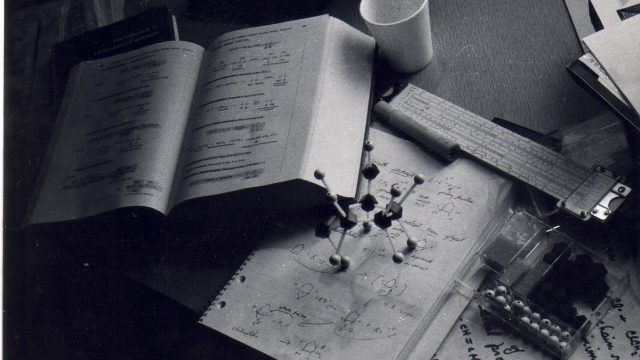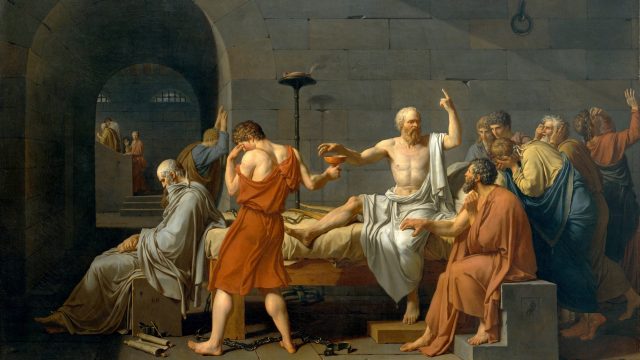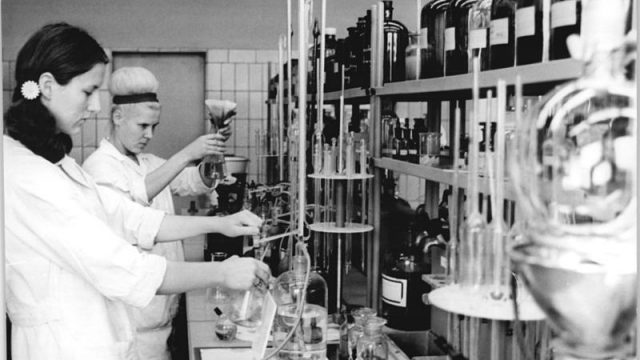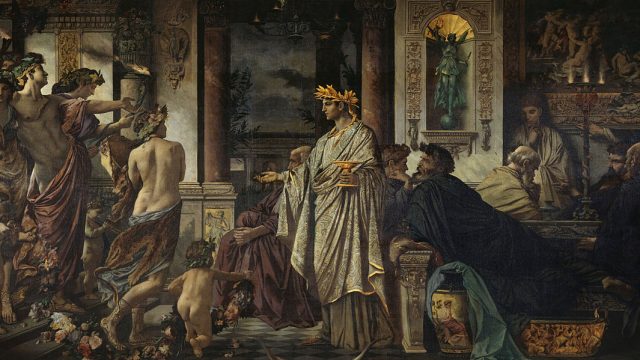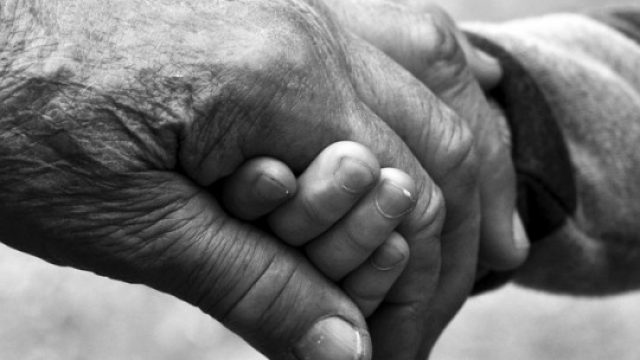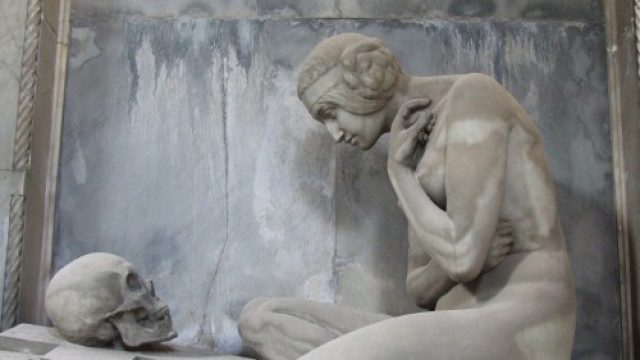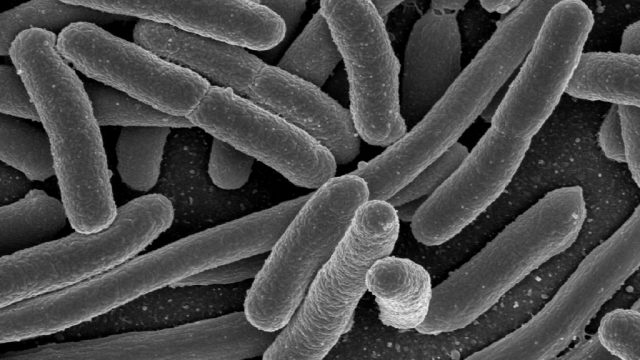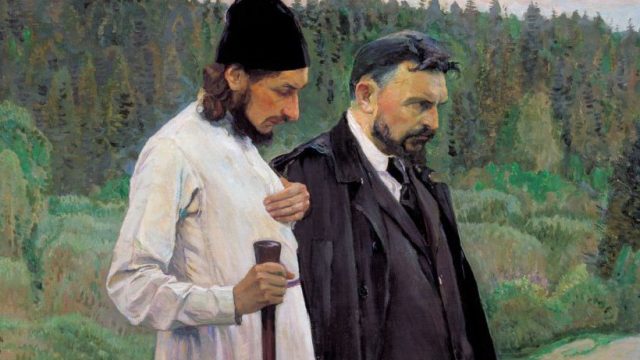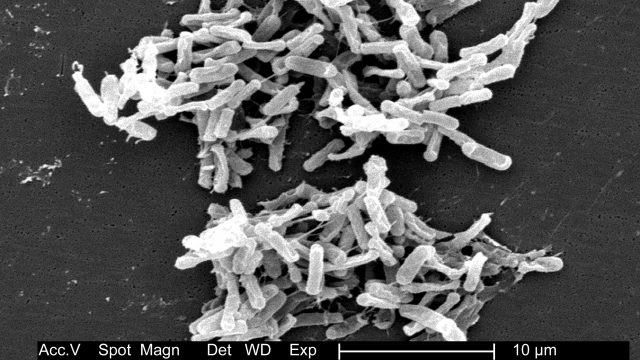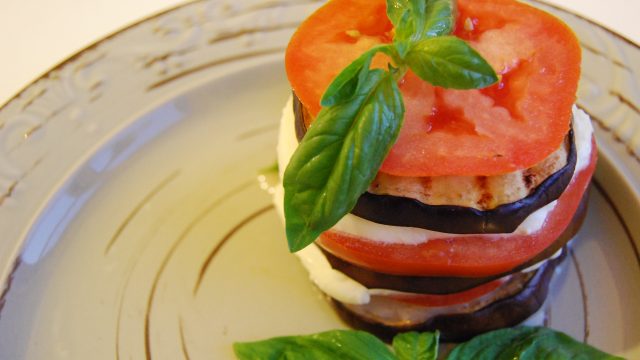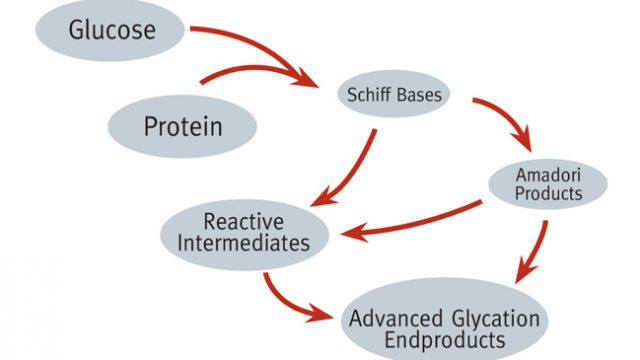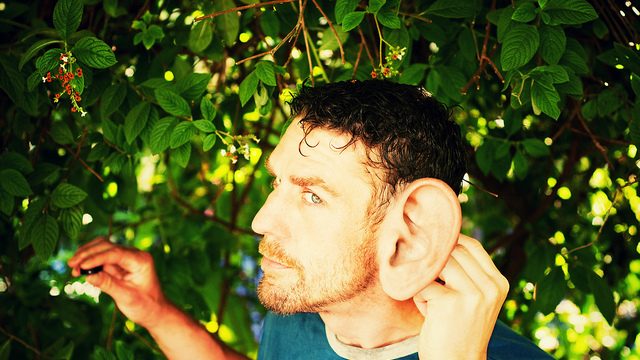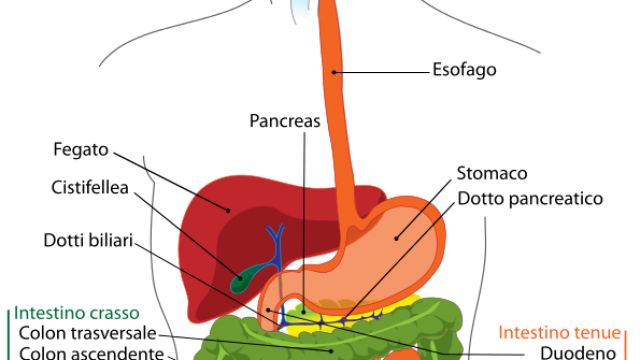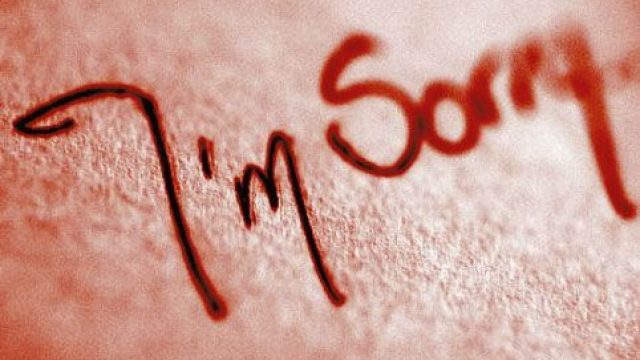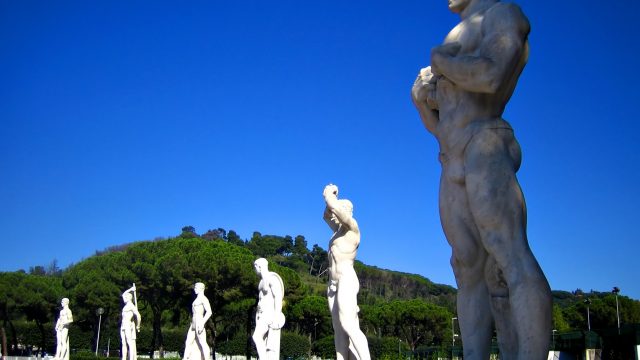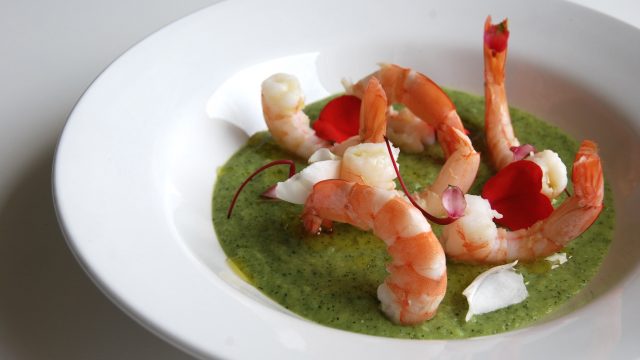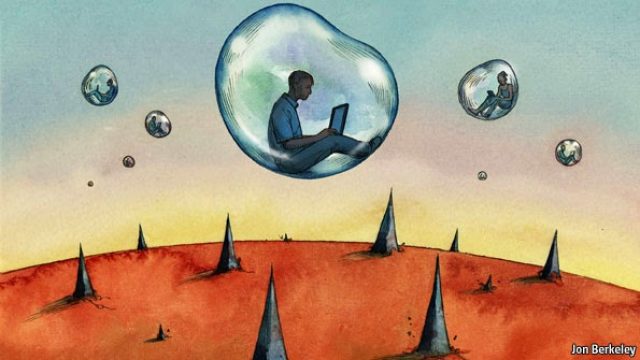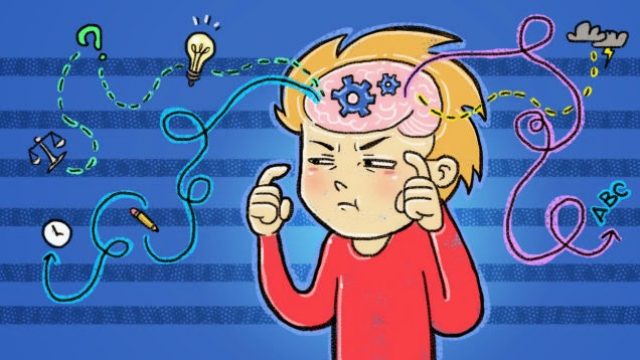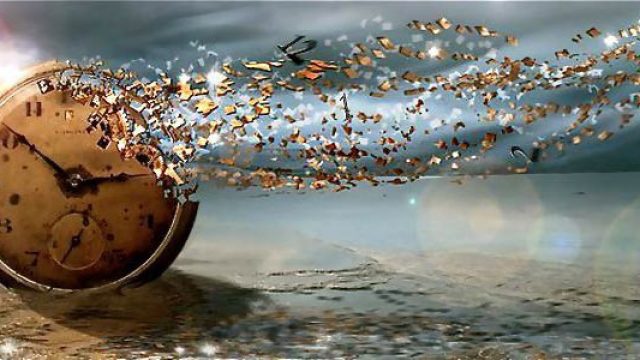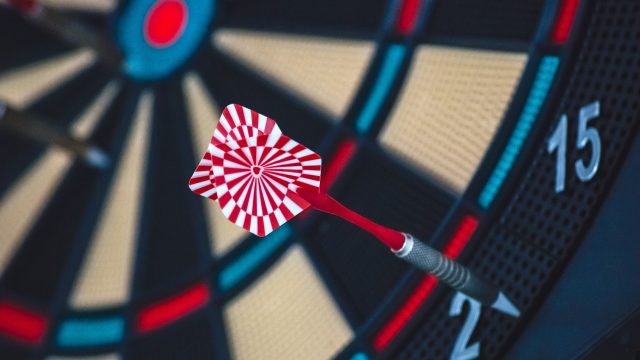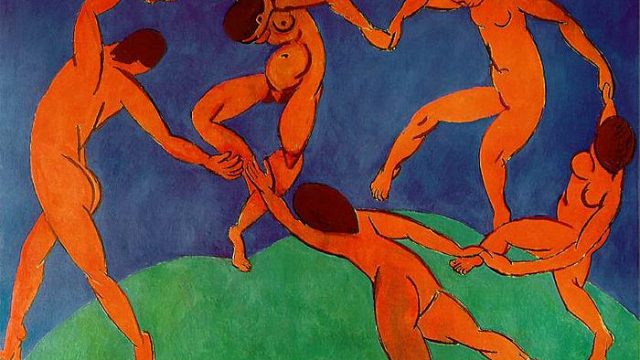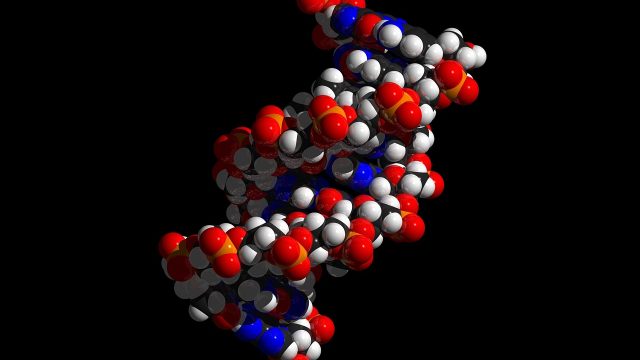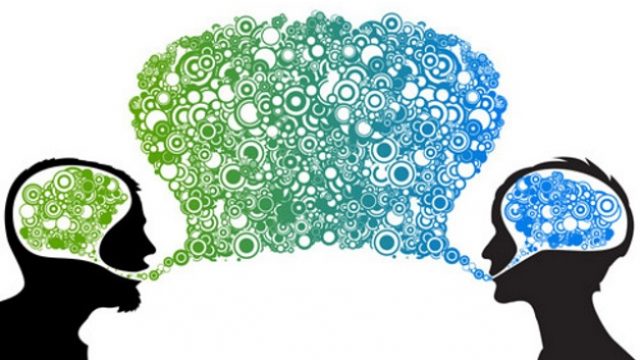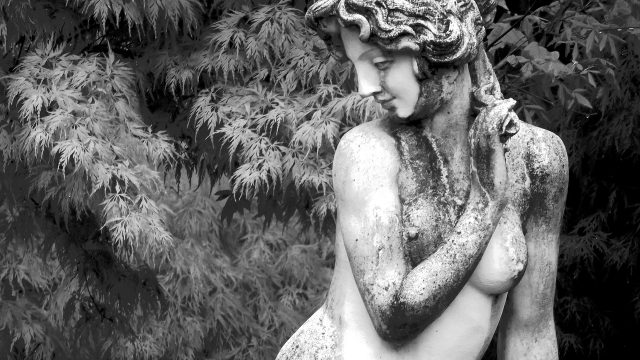Do not worry about the future, but try to become firm and clear in the spirit, because your happiness does not depend on your destiny but on how you manage to deal with it. (Hegel)
Mystery and paradox, marvel and amazement, eternal and limit, in one word: Man. How many times do we stop to think who we really are? Or perhaps, more in general, how many times do we think about the greatness and profoundness that conceals behind the unique and authentic essence of the Man? Who is the Man?  For someone a simple individual, for others a living being comparable to any other animal equipped with instincts, for others a noble “center of emotions and feelings”. Quite a “mystery” in every way, one would say. Yet the Man is a concentrated of everything, a living being with two necessary and fundamental dimensions that daily make him indescribable and rare. Two dimensions that daily lead him towards balance, but also towards a sort of disorientation. These two worlds united and counterposed are the Reason and the Spirit. Reason because what differentiates man from animal is precisely the ability to think, and therefore to elaborate ideas and to feel every sort of emotion “aware” towards the world and life. Spirit because this “Man” doesn’t have only a body in which to live and with which to deal through the dimensions of time and space, but he also has a soul, a spiritual dimension, a cornerstone of energy, an overwhelming passion that goes beyond the pure seeing and feeling, a transcendent and present thread that wraps him and gives him that capability to be indeed “noble” and royally himself.
For someone a simple individual, for others a living being comparable to any other animal equipped with instincts, for others a noble “center of emotions and feelings”. Quite a “mystery” in every way, one would say. Yet the Man is a concentrated of everything, a living being with two necessary and fundamental dimensions that daily make him indescribable and rare. Two dimensions that daily lead him towards balance, but also towards a sort of disorientation. These two worlds united and counterposed are the Reason and the Spirit. Reason because what differentiates man from animal is precisely the ability to think, and therefore to elaborate ideas and to feel every sort of emotion “aware” towards the world and life. Spirit because this “Man” doesn’t have only a body in which to live and with which to deal through the dimensions of time and space, but he also has a soul, a spiritual dimension, a cornerstone of energy, an overwhelming passion that goes beyond the pure seeing and feeling, a transcendent and present thread that wraps him and gives him that capability to be indeed “noble” and royally himself.
The great and highly esteemed German philosopher Georg Wilhelm Friedrich Hegel, in one of his most important works, The Phenomenology of Spirit, explains how “The spirit constitutes the culminating moment of the becoming of the Idea. It is, in fact, the completely realized Idea, the Idea that has become aware of itself.” To Hegel, as has been said, everything is Idea, which means: everything is intelligible, rational; but the intelligibility of the material is not given all of a sudden: it carries itself out, progressively, through the dialectical path. This dialectical path culminates exactly in the Spirit: we have already seen in the 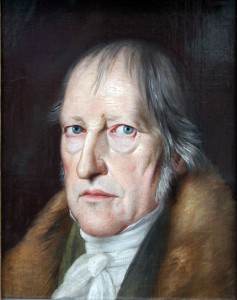
The Man, expressly underlined with the capital “M” to draft his nobility and the profoundness of his essence, is reason and spirit. Only succeeding in connecting these two dimensions one will be able to have the complete truth about what he is. Through the spirit, Man understands that his life is guided not simply by mere instincts, but by an internal “strength” that goes beyond the pure, concrete appearance. With the reason, Man enlivens and fully appreciates what derives from the spirit, thus creating his true identity and tasting the uniqueness of his own life. Man is also called to nurture and reinforce both dimensions, because if he strengthens his mind he will make his spirit stronger too, and if he will have a strong spirit, the reason too will benefit from it in everything: in choices, in ideas, in thoughts, in motivations and, most of all, in the courage of living.
Living with awareness and health means this too: to have the right spirit to deal with things. And who has had the courage to be steadfast in this mission, even through many problems, has always benefited from it. Let’s go back to be less material and more spiritual Men! Why? Because we will enjoy life with that extra oomph.
Hereafter are proposed some aphorisms that refer to the above-mentioned theme and push towards a further reflection:
- “The more the spirit becomes joyful and self-confident, the more the man unlearns to laugh out loud; to make up for it a smart smile continuously gushes on his face.” (Friedrich Nietzsche)
- “Happiness is good for the body, but it is pain that develops the faculties of the spirit.”(Marcel Proust)
- “Style is the physiognomy of the spirit.”(Arthur Schopenhauer)
- “The spirit is not what extends and releases, but what holds back and limits.” (Cesare Viviani)
- “What the heart knows today, the head will understand tomorrow.” (Seneca)







